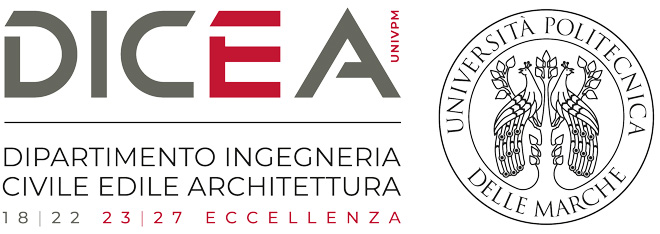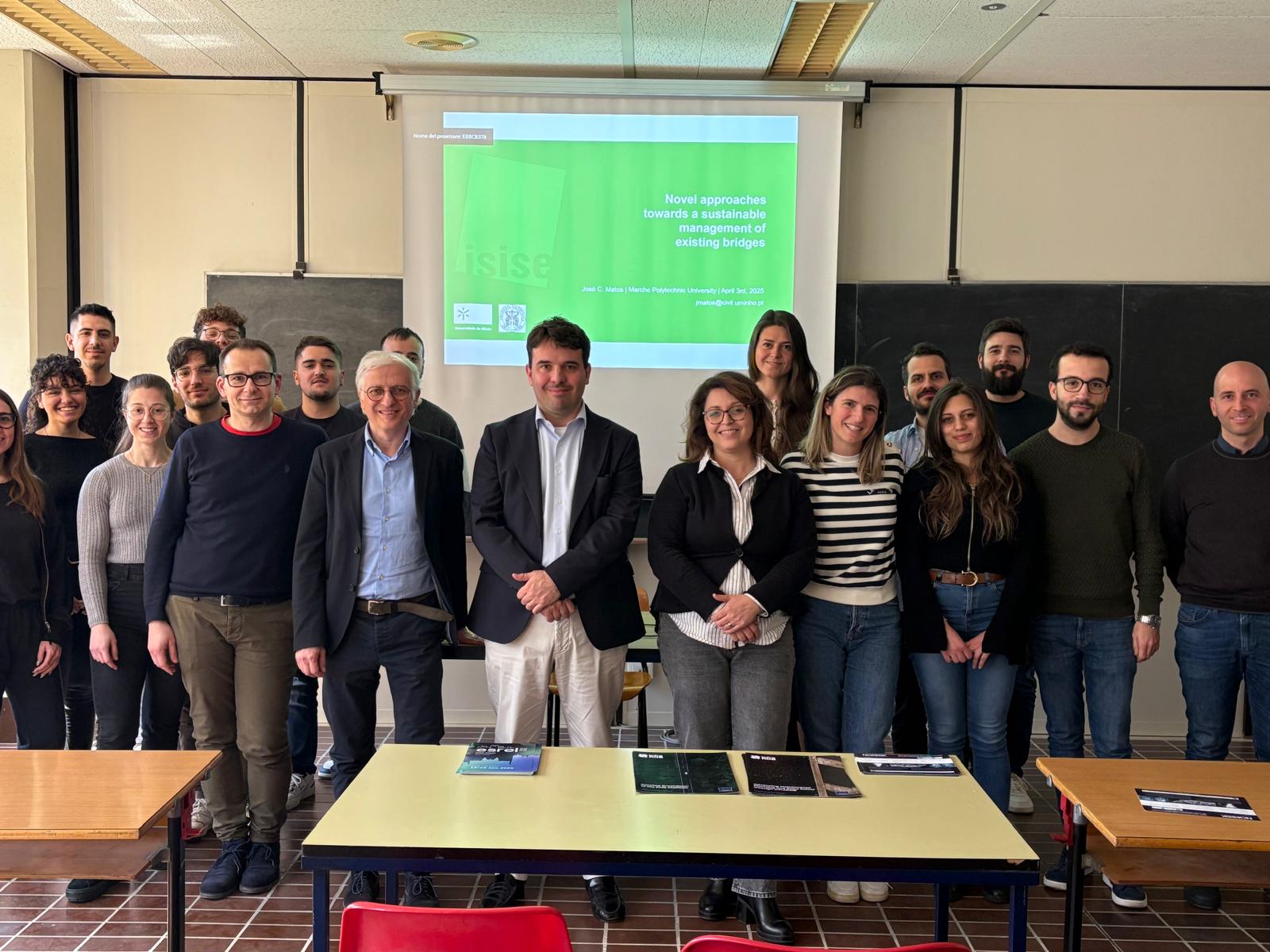From March 30 to April 4, 2025, the Structural Analysis and Design group at DICEA had the honour and privilege of hosting Professor José Campos e Matos from the University of Minho in Portugal for a research exchange, as part of the activities planned under the Department of Excellence 2023–2027.
Professor José Campos e Matos is a member of ISISE – the Institute for Sustainability and Innovation in Structural Engineering, where he leads the working group “Risk and Asset Management of Civil Infrastructures (RAmCI).” He is currently also the Director of the Mobility and Transportation HUB (TMOB-HUB) at the University of Minho. He is the author or co-author of over 300 international publications on topics such as risk and resilience analysis, operations and maintenance of civil infrastructures, quality control, and more. Since 2013, he has participated in more than 20 research projects, helping to secure over 8 million euros in national and European funding for the University of Minho. Notable projects he has coordinated include COST Action TU1406, SIRMA INTERREG Atlantic, and more recently, the NORISK Erasmus Mundus Joint Master. He is also an active member of several leading associations and organizations, such as IABSE (Vice President), fib (Chair of Commission 8), and EuroStruct (Founder and former President).
During the week, a fruitful exchange took place between the professors and researchers of the Structural Analysis and Design group at DICEA and the visiting professor, focusing on shared topics related to the assessment and management of existing bridges.
Among the various activities, Professor Matos delivered a two-hour seminar titled “Novel Approaches Towards a Sustainable Management of Existing Bridges”, open also to students of the master’s course in Civil Engineering, specifically those enrolled in the Theory and Design of Bridges course. The seminar explored innovative methodologies for the assessment, monitoring, and sustainable management of existing bridges.
The visiting week led to the initiation of new collaborations in the field of bridge research, with the aim of developing shared tools and methodologies for infrastructure management and maintenance.
Moreover, concrete opportunities emerged for the development of joint research projects, reinforcing a mutual commitment to building an active, multidisciplinary network to tackle the challenges in the civil infrastructure sector through sustainable and innovative approaches.

